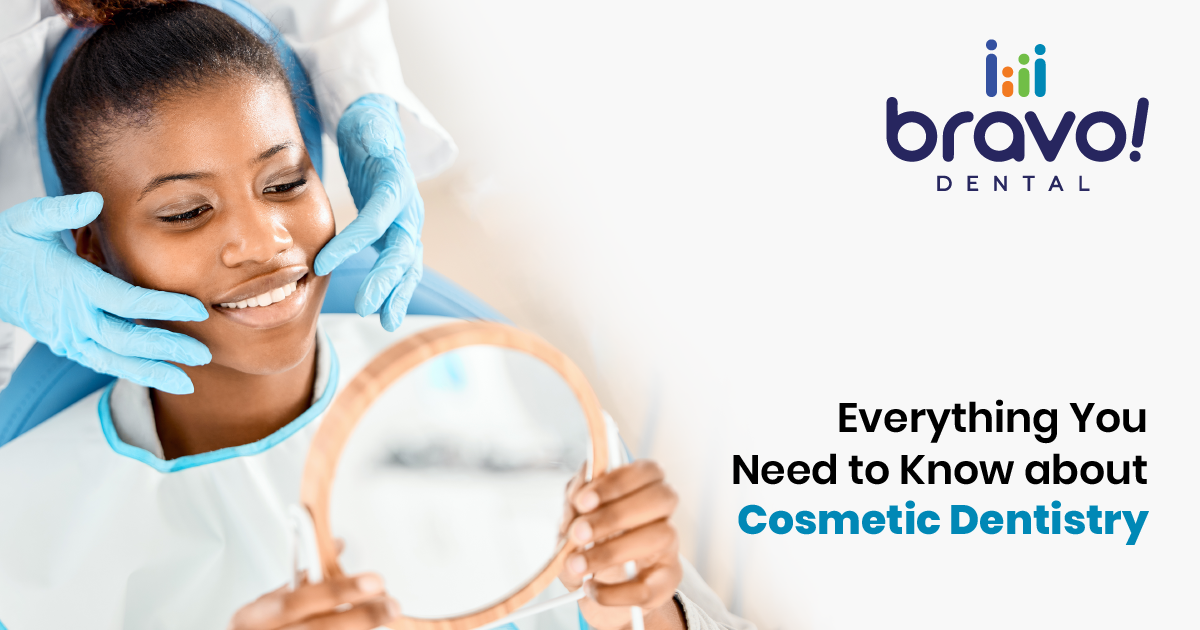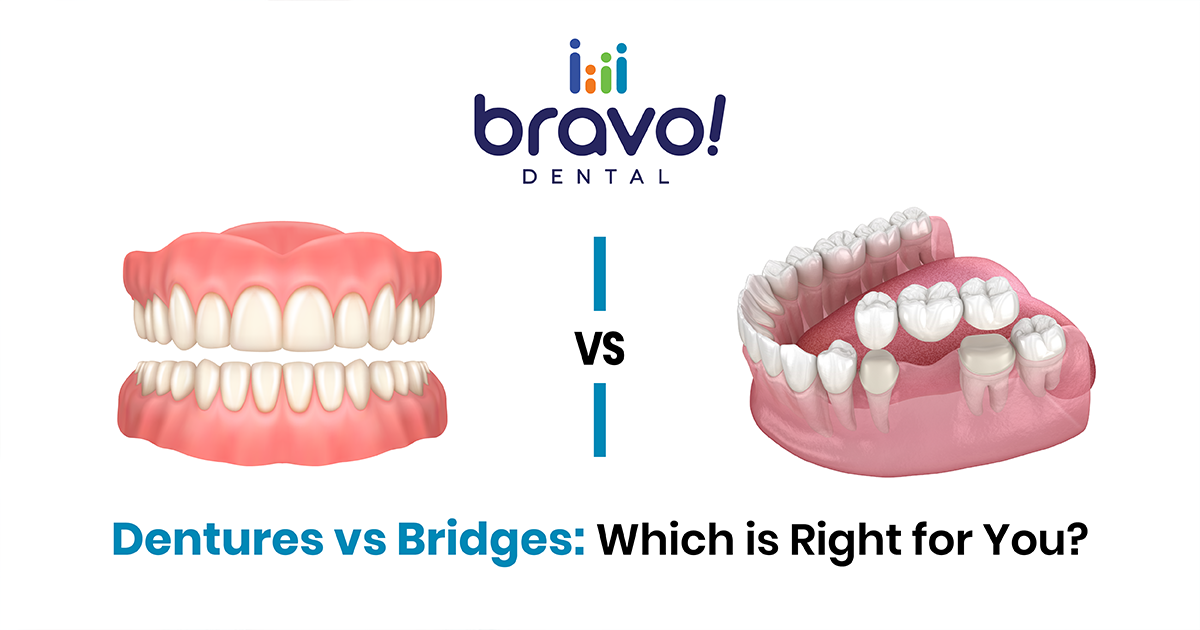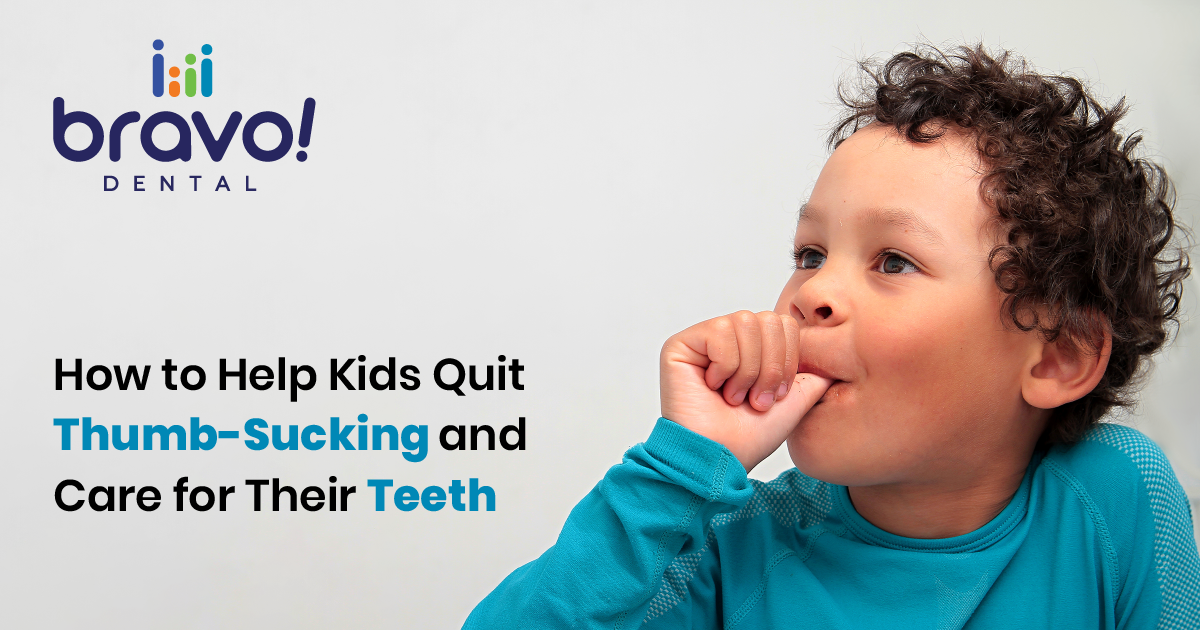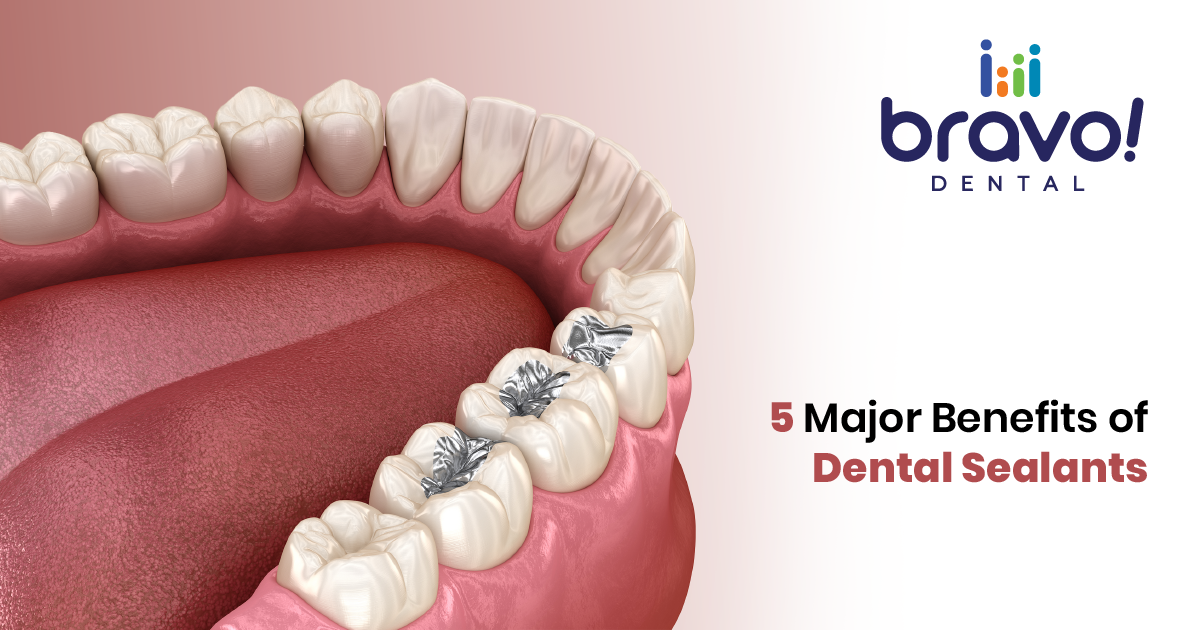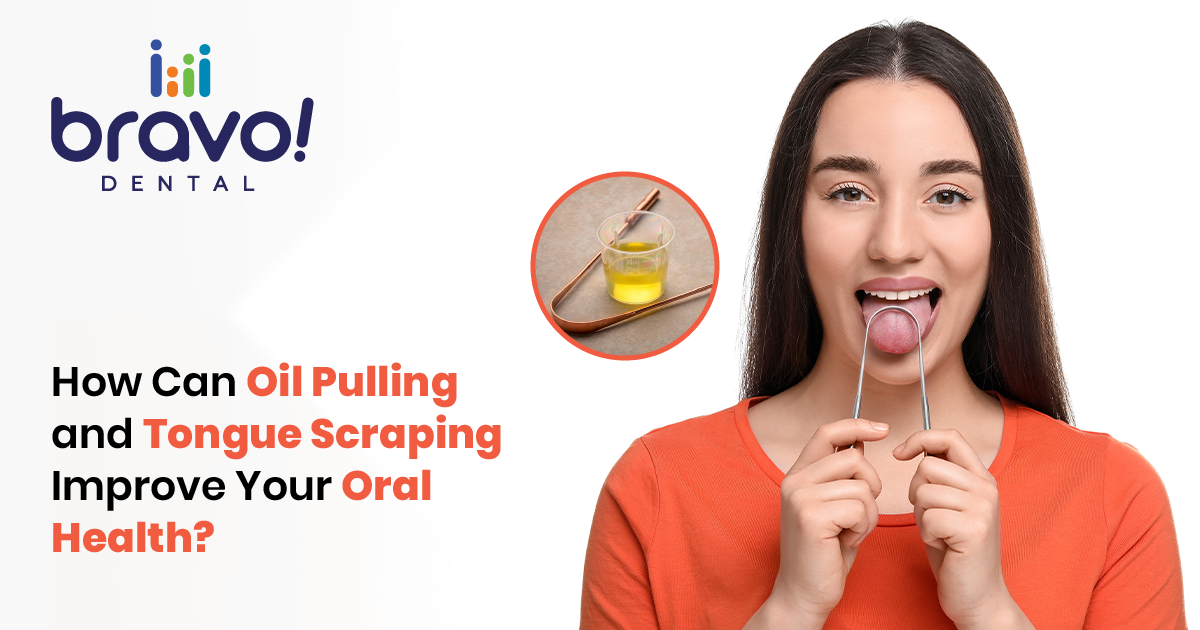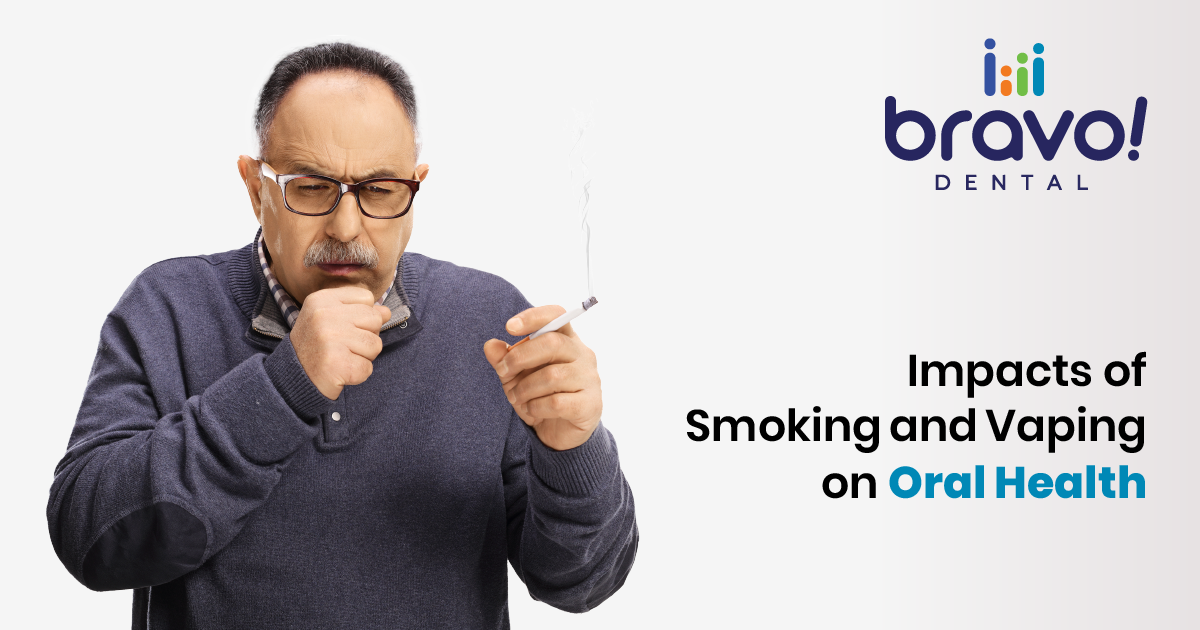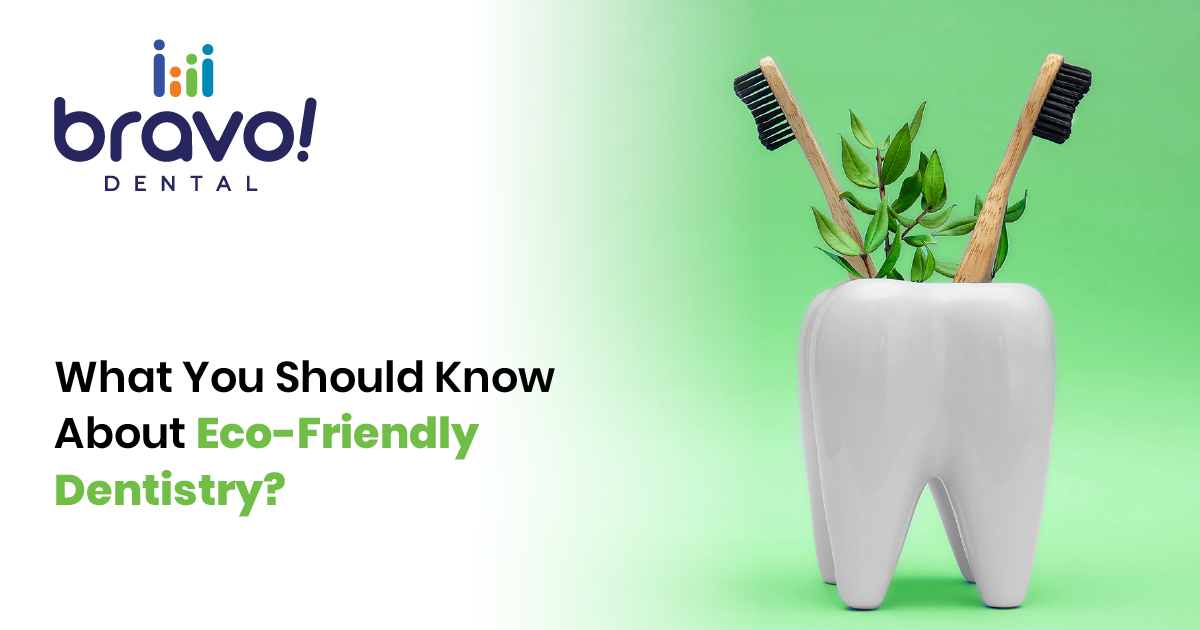Cosmetic dentistry has gained immense popularity over the past few decades, transforming smiles and enhancing people’s self-confidence. Cosmetic dentistry encompasses a wide range of procedures to improve the appearance of a person’s teeth and smile. Unlike general dentistry, which focuses on preventing and treating dental diseases, cosmetic dentistry primarily addresses aesthetic issues.
Popular Cosmetic Dentistry Procedures
1. Teeth Whitening
Teeth whitening procedure brightens and whitens teeth, removing stains caused by coffee, tea, tobacco, and aging. It typically involves applying a bleaching agent to the teeth, which can be done in-office or at home with custom-made trays.
2. Veneers
Veneers corrects various cosmetic issues, including gaps, chips, and severe discoloration. Veneers are custom-made for each patient and bonded to the front surface of the teeth.
3. Dental Implants
Implants provide a permanent solution for missing teeth, prevent bone loss, and maintain facial structure. They involve surgically placing a titanium post into the jawbone, which acts as a root for the artificial tooth.
4. Clear Aligners
Aligners offer a discreet and comfortable way to straighten teeth without traditional braces. They involve wearing a series of custom-made, clear plastic aligners that gradually move teeth into the desired position.
5. Bonding
Bonding quickly repairs minor imperfections such as chips, cracks, and gaps. A tooth-colored resin is applied and shaped to the tooth, then hardened with a special light.
6. Gum Contouring
Gum contouring enhances the symmetry of the smile by reshaping the gum line. Excess gum tissue is carefully removed or reshaped using a laser or scalpel to reveal more of the teeth and create a balanced gum line.
Benefits of Cosmetic Dentistry
- It enhances smiles, which can significantly boost a person’s confidence and self-esteem.
- Procedures like straightening crooked teeth can make it easier to maintain oral hygiene and reduce the risk of decay and gum disease.
- Many cosmetic dental treatments offer durable results that can last for years with proper care.
- Advances in dental technology have made many procedures less invasive and more efficient, often requiring little to no recovery time.
Choosing the Right Cosmetic Dentist
Check Credentials: Ensure the dentist has the necessary training and experience in cosmetic dentistry.
View Before and After Photos: Reviewing a dentist’s portfolio can give you an idea of their skill and the results they can achieve.
Read Reviews: Patient testimonials and reviews can provide insights into the quality of care and patient satisfaction.
Schedule a Consultation: A consultation allows you to discuss your goals, ask questions, and evaluate the dentist’s approach and communication style.
Conclusion
Whether you’re looking for a quick fix or a complete smile makeover, consult our skilled cosmetic dentist at Bravo! Dental. Our expert team is dedicated to helping you achieve the beautiful, healthy smile you’ve desired for years, using the latest techniques and technology to ensure exceptional results. Visit Bravo! Dental, let us transform your smile with personalized care and precision.
